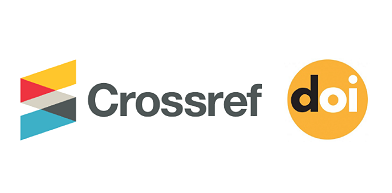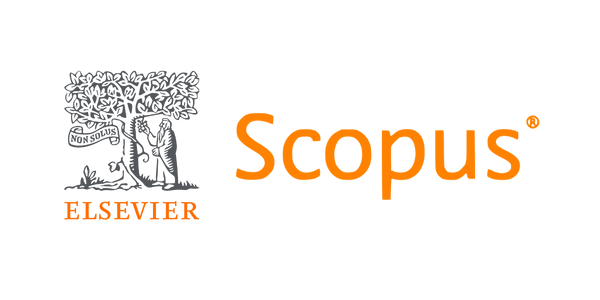Assessment of Healthcare Waste Management Practices Compliance among Health Workers in Enugu State University Teaching Hospital, Enugu
DOI:
https://doi.org/10.61386/imj.v18i4.807Keywords:
Healthcare, Waste Management Practices, Workers, Compliance, Enugu StateAbstract
Objectives: This study aims to examines Healthcare Waste Management (HCWM) compliance as it concerns healthcare workers in Enugu State University Teaching Hospital, Enugu.
Methods: Yamane's sampling formula was used to determine a sample size of 270 from a population of 834, and a descriptive survey research design was judged appropriate and employed. To ensure that respondents were represented proportionately, a stratified random sampling technique was used. A well-structured questionnaire was used to gather the data, and descriptive statistics such as frequency distribution, percentages, and chi-square tests were used for analysis.
Results: The study achieved a 78% response rate, with most respondents being female (78.6%) and aged 30–39 years (40%). Chemical disinfection of body fluids (21.0%) was the most common waste treatment method, while waste burial (8.2%) was the least practiced. Further findings revealed that compliance varied across various healthcare worker categories, with nurses showing higher adherence to segregation and disposal practices, while doctors and scientists exhibited lower compliance rates. Hypothesis testing confirmed significant differences in compliance levels.
Conclusion: The study concludes that healthcare workers' adherence to best practices for healthcare waste management varied; while outsourcing and non-dumping waste disposal were positively correlated, there were notable gaps in the availability of recycling and treatment facilities, and different professional categories had varying levels of compliance that needed to be addressed. For better adherence and a safer hospital environment, the study suggests bolstering HCWM training, making investments in waste treatment infrastructure, enforcing stringent monitoring, and improving waste segregation, especially through better color-coded disposal systems.
Downloads
Published
License
Copyright (c) 2025 Okonkwo EU, Ingwu JA, Okonkwo CJ

This work is licensed under a Creative Commons Attribution 4.0 International License.










